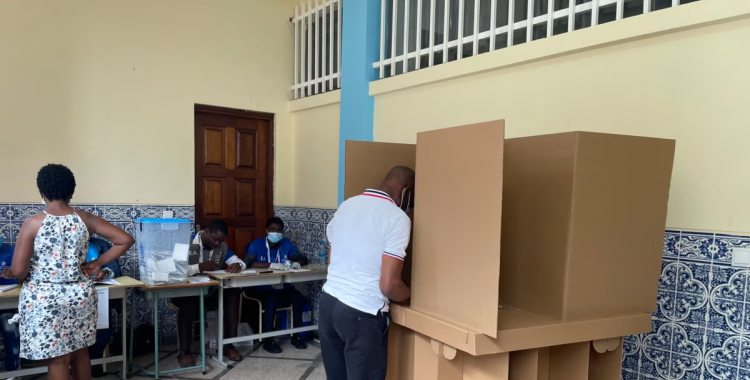In a statement, the association reacted to the Government sending, as a matter of urgency, to the National Assembly the proposed laws on the institutionalization of local authorities, the municipal guard and the remuneration status of the holders of local authority bodies and services.
In the statement, Omunga considered that this measure "does not bring anything extraordinary" and is late, remembering that in the last legislature the executive presented to parliament the proposed law for the institutionalization of local authorities, which to this day Angolans are unaware of the reasons for its non-approval.
"From 2017 until now there have been so many promises regarding the institutionalization of local authorities in Angola. Remember that this was part of the electoral manifesto for the current President's first term", highlighted the human rights association.
The NGO reminded political parties that local authorities mean "self-determination of people, self-management of citizens", in addition to being a fundamental right of citizens. And he said he feared that the approval of these proposed laws would be "only based on the good intentions of the executive leadership of the President", João Lourenço.
"Still, having faith in the good intentions expressed at the meeting of the Council of Ministers, we want to believe that the approval of the law will take place this year and the holding of local elections will be a fact, before the general elections of 2027", it reads in the statement.
For Omunga, "the institutionalization of local authorities in Angola constitutes a true fuel, if not even an antidote for the country's democratization process, because it allows for greater rapprochement between those who govern and those who are governed, at the same time as it allows political and citizenship competitiveness to local level".
"To this end, the NGO defended a model of local elections based on electoral truth, reform, composition, powers and duties of the National Electoral Commission, especially in terms of electoral results to be published by municipal commissions", the document highlights.
According to Omunga, "the centralization of results encourages electoral fraud and its manipulation", which is why it defends "an election process decided entirely in the municipality, without, however, the intervention of central structures".
"For example, votes must be counted and announced in the municipalities", he detailed.
To the deputies, the organization made an appeal to discuss these proposed laws "with a sense of nation, leaving party groups aside". "On the other hand, do not approve the law institutionalizing local authorities, without it having gone through the broad process of consultation with citizens", they urged.
In 2020, it was the year in which the first local elections were expected to be held in Angola, but the failure to complete the local legislative package was the main reason given by the Government for it not taking place.







